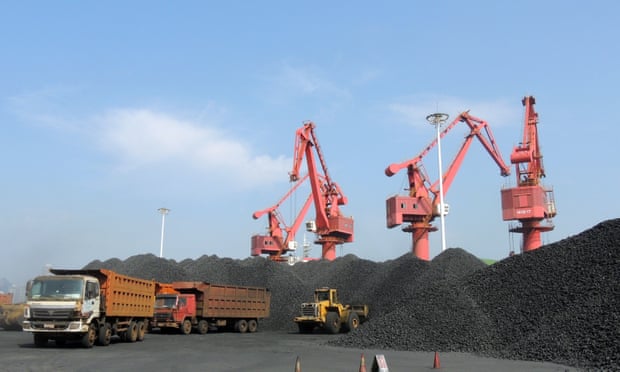
Simon Birmingham says speculation about diplomatic tension is unhelpful and there is no evidence measures are aimed at Australia
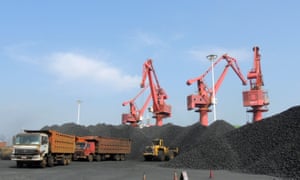
The government has “no basis to believe that there is a ban on Australian coal exports into China”, the trade minister has said, but it has import quotas which Australia expects will be applied to all countries.
Simon Birmingham told reporters on Friday he was working with the embassy in Beijing to understand how restrictions were being applied to coal shipments, but he said there was no evidence to suggest the measures were targeted at Australia.
He said it was unhelpful for people to speculate that tensions in the Australia/China relationship were behind the import quotas, insisting the relationship between Canberra and Beijing was strong, and “our ability to work through these issues is strong”.
Birmingham pointed to previous occasions when trade in various commodities had slowed and then recovered.
Earlier on Friday, Scott Morrison told reporters he was not “jumping to conclusions” over the reported ban.
The prime minister, in New Zealand for bilateral talks with his counterpart, Jacinda Ardern, said local ports made their own decisions about such matters.
“I think people should be careful about leaping to conclusions about this,” he told reporters in Auckland.
“We will, of course, continue to engage with those local ports and those authorities and work through the same regulatory issues that we have worked through in the past.”
On Friday morning, the Australian dollar was trading more than one percentage point down from Thursday after Reuters reported that one of China’s biggest ports had banned imports of Australian coal and would cap overall coal imports for 2019.
Citing an unnamed official, the Reuters report said five harbours overseen by Dalian customs – Dalian, Bayuquan, Panjin, Dandong and Beiliang – would no longer allow Australian coal to be cleared.
China is Australia’s largest trading partner, and coal is the latter’s biggest export commodity.
No reason has been given for the ban, but a spokesman for China’s foreign ministry said on Thursday that its customs administration was testing coal imports for “environmental protection”.
The news follows the Australian government’s decision this month to cancel the visa of prominent Chinese businessman Huang Xiangmo and the banning in August last year of Chinese telecoms giant Huawei Technologies from supplying equipment to Australia’s 5G broadband network.
On Thursday, the China Daily published an editorial condemning LNP senator Barry O’Sullivan, who made an offensive remark about Chinese people breaching biosecurity rules during a parliamentary committee meeting this week. The paper’s editorial said it “reflects an ugly side of Australia’s political culture” and accused the government of fanning xenophobia.
The editorial also explicitly mentioned the Huawei ban, saying Australia was putting its relationship with China at risk.
“Australia’s decision to block Chinese telecommunications giant Huawei from supplying equipment to its 5G broadband network, and allusions by some Australian media and politicians that China is the ‘state actor’ behind the recent hacking of the networks of Australia’s major political parties indicate how closely Canberra is trying to toe the line set by Washington, even at the cost of its relations with China,” the editorial stated.
Treasurer Josh Frydenberg is playing down the saga saying Australia’s export relationship with China was based on “mutual benefit”.
“The two-way trading relationship between Australia and China is important and strong, and it is in Australia’s long-term national interests,” he said.
“If you look at the volume and the value of our coal exports to China and in the last quarter of 2018, it was higher in the same period last year and the coal exports underpin more than 50,000 jobs and $60bn of exports, so they will continue to be strong and robust.”
Reuters said in its report that imports from Russia and Indonesia would not be affected by the change, leading to speculation the decision could be tied to diplomatic tensions between Australia and China.
But Frydenberg said the coal decision was not necessarily linked.
The governor of the Reserve Bank of Australia, Philip Lowe, sought to calm markets, telling a parliamentary hearing in Sydney that he did not expect the ban to have a “dramatic effect” on the economy.
While conceding it would be “concerning” if the decision were a sign of a “deterioration in the underlying political relationship” Lowe said it was also possible the decision was made on environment grounds or as a way of boosting domestic coal prices in China.
“I think we still have to wait and see what the underlying issues are,” he said.
“I wouldn’t jump yet to the conclusion that this is something linked to Australia.”
Lowe’s comments marry with those made by Chinese foreign ministry spokesman, Geng Shuang, who said the ban was made on environmental grounds and described it as “completely normal”.
“China’s customs assesses the safety and quality of imported coal, analyses possible risks, and conducts corresponding examination and inspection compliant with laws and regulations,” he said.
“By doing so, it can better safeguard the legitimate rights and interests of Chinese importers and protect the environment.”
On Thursday night, Department of Foreign Affairs and Trade official Graham Fletcher told a Senate estimates hearing his department was urgently seeking clarification from Chinese officials.
“We should be in a better position by this time tomorrow because the Chinese realise that this is a very significant issue and they probably don’t want to see it on the front pages any more than we do. And we both have an interest in getting to the bottom of it,” Fletcher said.
The Guardian

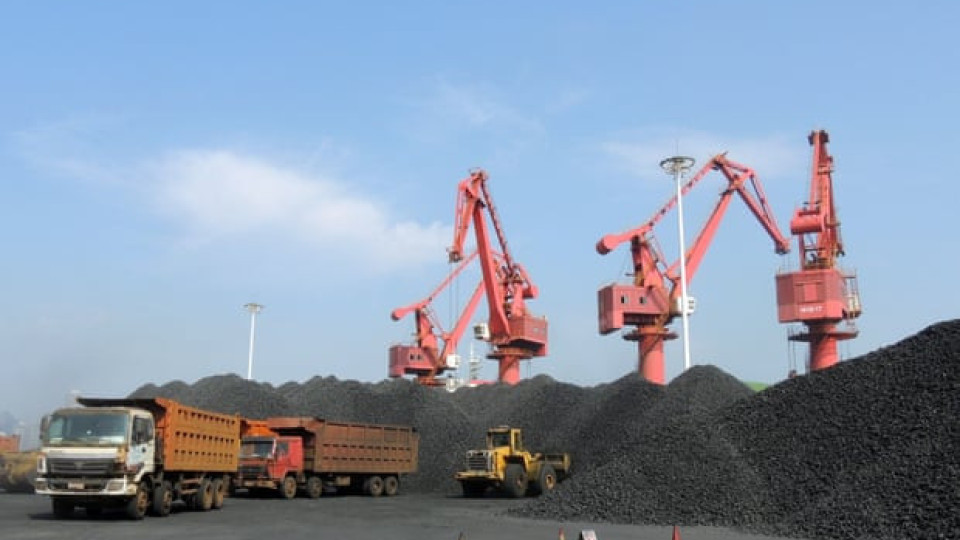
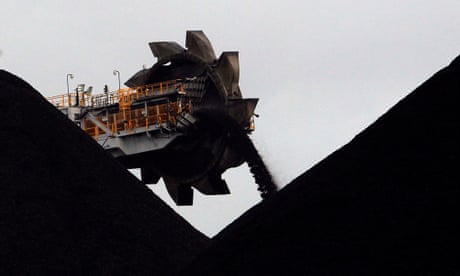
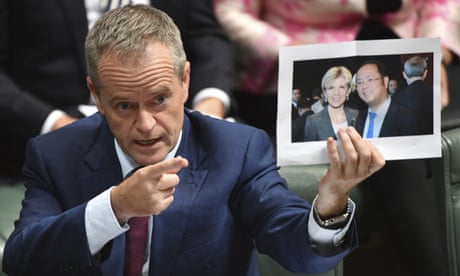




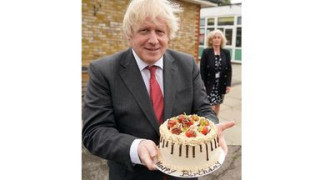




Leave a comment